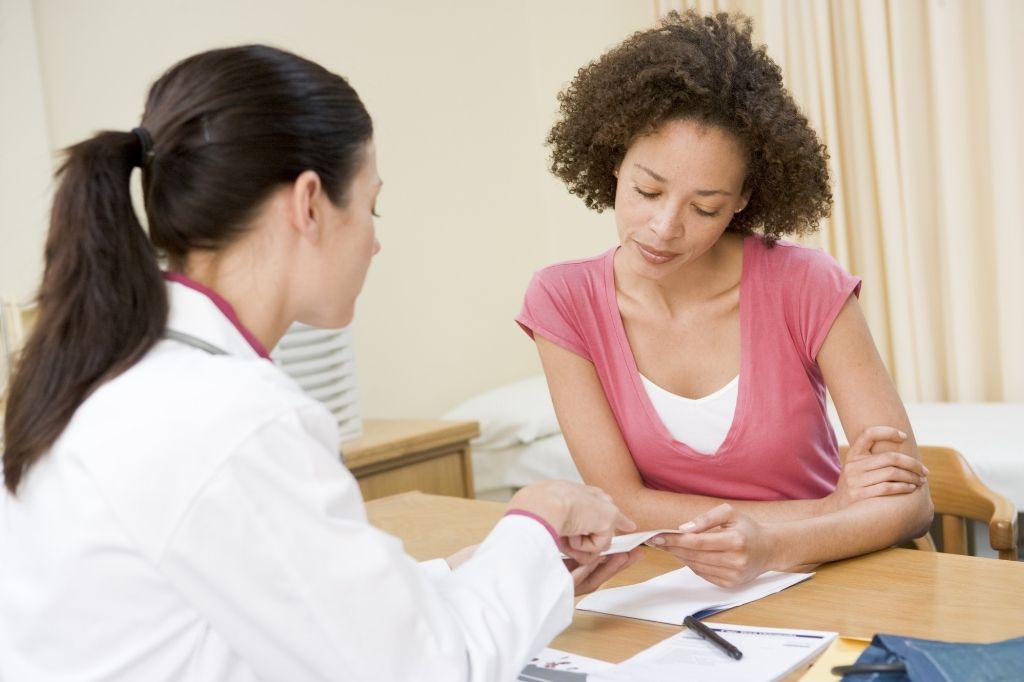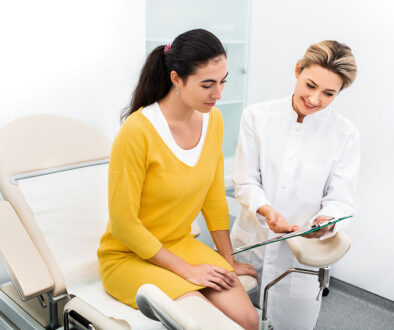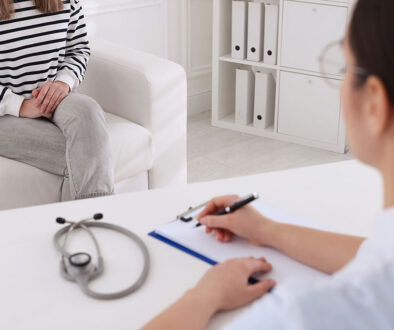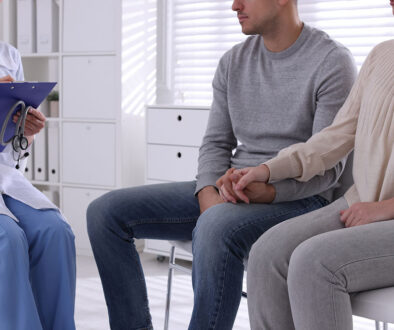What Happens if You Have an STD?
We know it can be an overwhelming diagnosis.
When you have an STD, you probably have many questions and emotions running through your mind, and it’s important to get the facts you need to understand what your next steps should be.
We’ll take a look at some common questions about STDs, including: How do you know you have an STD? and Can herpes go away on its own? Most importantly, we’ll explain how vital it is to get the right treatment in a timely manner and what happens next.
What Happens If You Have an STD? Three Things You Should Do Immediately
Discovering that you have been diagnosed with an STD is overwhelming, but you should take these first three steps immediately once you receive your test results.
1. Get Timely Treatment
One of the primary reasons that certain STDs are left untreated is because those infected never show any symptoms. Therefore, it’s important to start treatment as soon as you’re diagnosed even if you feel fine. Untreated STDs can lead to more serious—and sometimes permanent—health problems, such as pelvic inflammatory disease or infertility.
Remember to take all medications exactly as directed. We will work closely with you to ensure that you receive timely and effective treatment, and we’re always available if you have any questions about your medications.
2. Tell Your Partner
Discussing STDs with your partner is difficult and extremely emotional, but it’s important to let them know that you are infected. Try to approach the conversation without placing blame, because STDs are very common and it’s possible that your partner may not have been aware that they had an STD or they got the STD from a previous relationship.
We encourage you to listen to each other and be completely honest and forthcoming.
It might help to take a look at this useful guide that has several conversation tips for telling your partner that you have an STD.
3. Work Closely With Your Doctor… and Get Retested
With some STDs, such as gonorrhea and chlamydia, you can get infected again, so you and your partner should be retested in three months, even if you’ve taken medication.
Our health care team has helped area women receive treatment for some of the most common STDs. We know that it may be embarrassing to talk about, but we want to assure you that our main concern is your health and finding the best care strategy for you.
We’ll let you know if it’s necessary to get retested and if so, when.
We Answer Some Frequently Asked Questions About STDs
STDs are extremely common. According to the Centers for Disease Control, an estimated 1 in 5 Americans have an STD on any given day. Therefore, we want to review some of the most frequently asked questions we receive concerning STDs.
Can Herpes Go Away?
No, there is no cure for herpes. Even if you have no symptoms, the herpes virus still remains in your body, and under certain conditions becomes “active” again. How often, and how severe, these outbreaks are can vary from person to person.
While herpes cannot be cured, it can be managed. Medication can help prevent outbreaks and decrease the risk of passing herpes to someone else.
You can learn more about genital herpes by reading this useful information from the U.S. Office of Women’s Health.
How Do You Know You Have an STD?
Because many STDs may not have any symptoms, the only way to know for certain if you have an STD is to undergo regular, routine testing. In fact, you may feel fine and not even realize you have an STD.
However, other STDs do have a variety of symptoms depending upon what type of disease you have. Remember that in some cases, symptoms will appear within days or weeks, while others may take a year before any health problems appear.
Some general indicators that you need to be tested include:
- Any bumps or sores in the genital or rectal area
- Burning or painful urination
- An unusual vaginal discharge
- Painful sex
- Irregular or unusual vaginal bleeding
- Fever
- Rash—particularly on the hands, feet or trunk
- Abdominal pain
- Swollen lymph nodes, either in the groin or other areas on your body
Can You Get an STD from Kissing?
If you have a cut or a sore in your mouth, then it is possible to catch an STD through kissing, although a majority of STDs are not transmissible this way.
It’s important to remember that STDs can be transmitted through oral sex or mouth to genital contact.
We Work With You to Maintain Your Sexual Health
Your sexuality is an important aspect of who you are, and whether you have painful sex, a low libido, or an STD, we want to help you so you can lead the most fulfilling and healthy life possible.
We understand that this means discussing some sensitive subjects, and we want to assure you that as your health care professionals, we place your needs at the forefront of everything we do. You should never be embarrassed to discuss anything with us.
See why we’re the provider of choice for patients throughout Raleigh and the Triangle areas.
If you believe you may have an STD, or if you would like to begin regular STD testing, scheduling an appointment is quick and easy. Simply contact us to get started. We welcome the opportunity to care for you.





